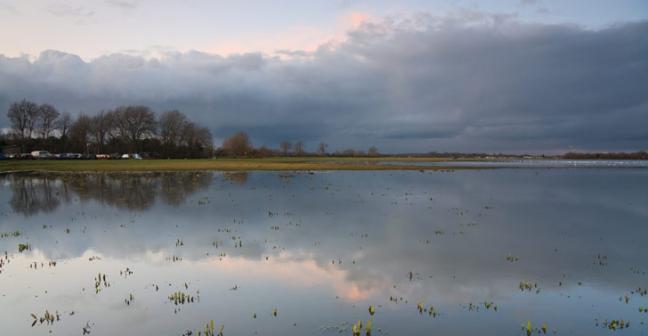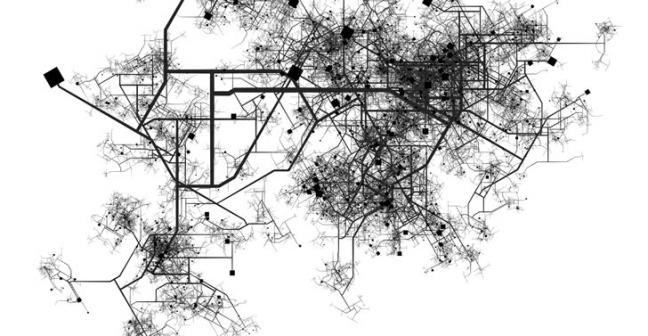Researchers, professionals and members of the IES team provide in depth analysis of news stories, topical issues and emerging science.
Despite it being their legal requirement, UK businesses are failing to undertake energy audits under the new ESOS scheme. Compliance will save them money and work towards fulfilling their corporate sustainability goals, so why are so few undertaking audits? And is the administrator of...







